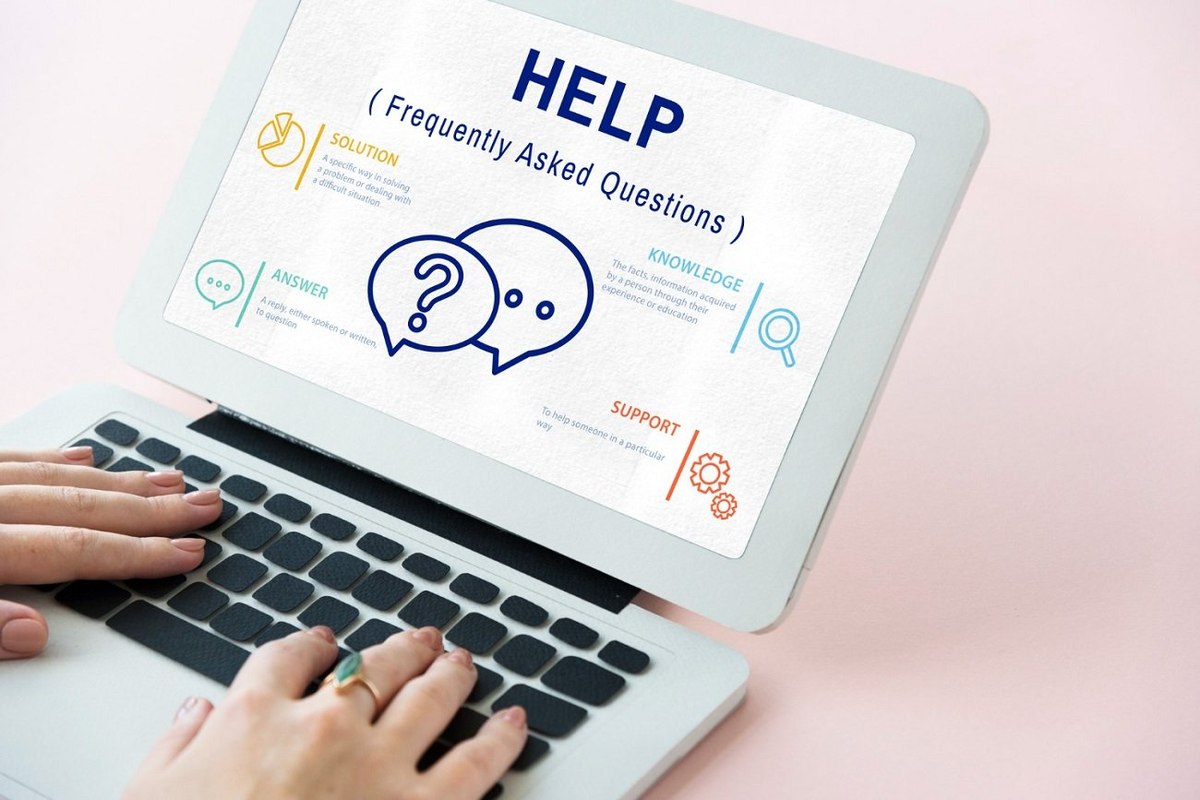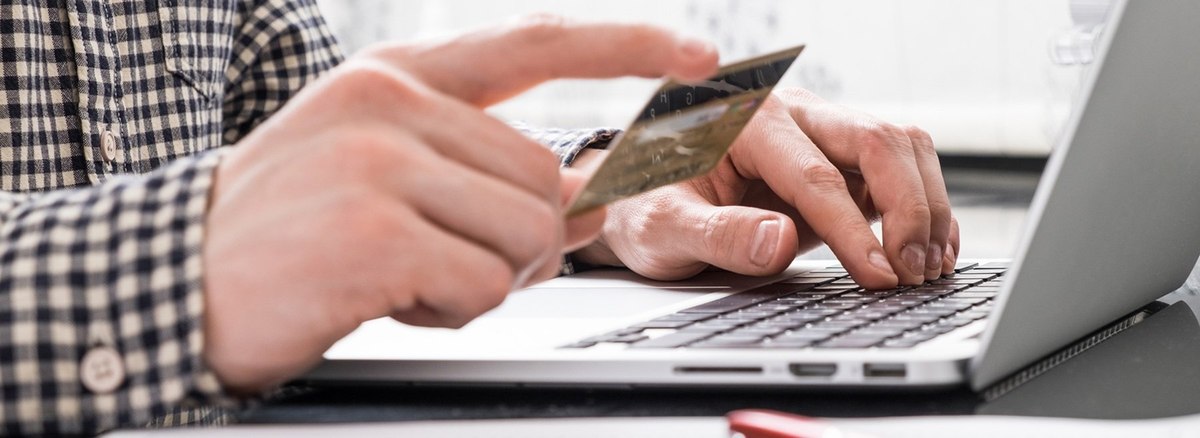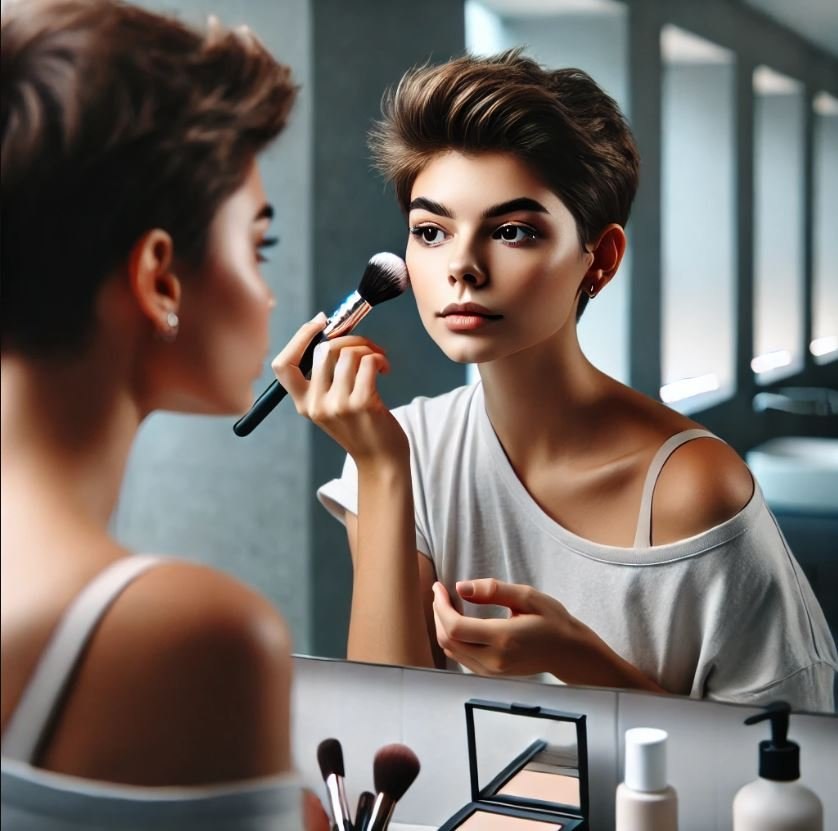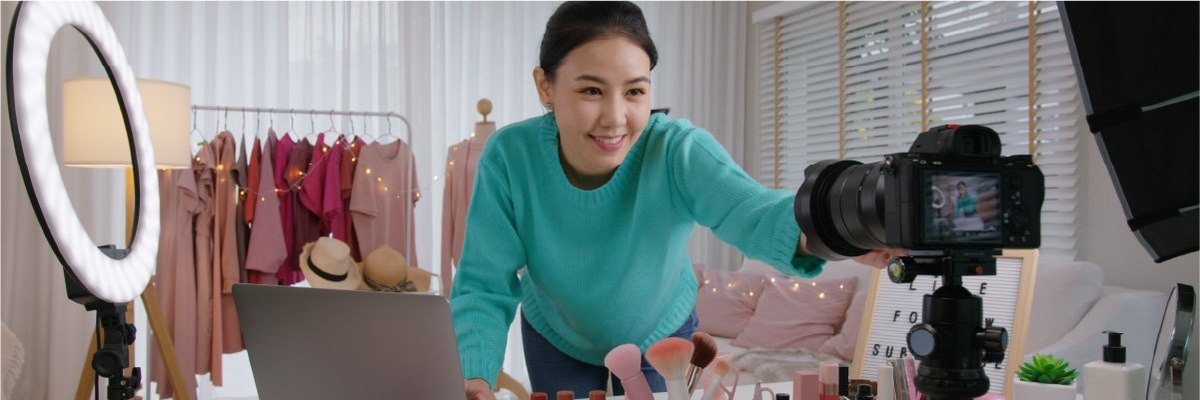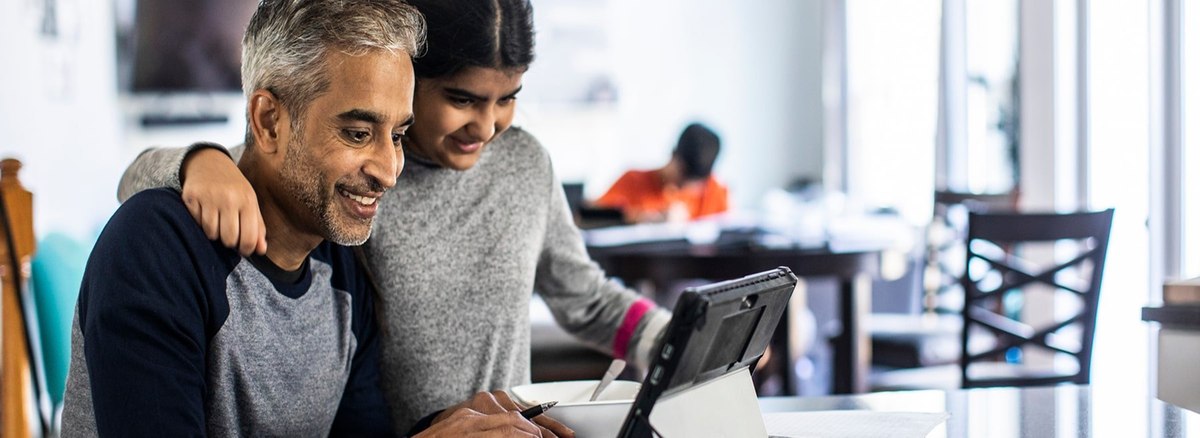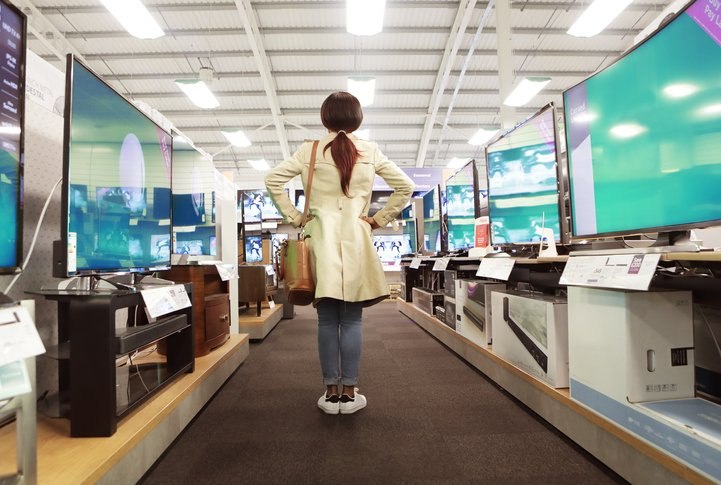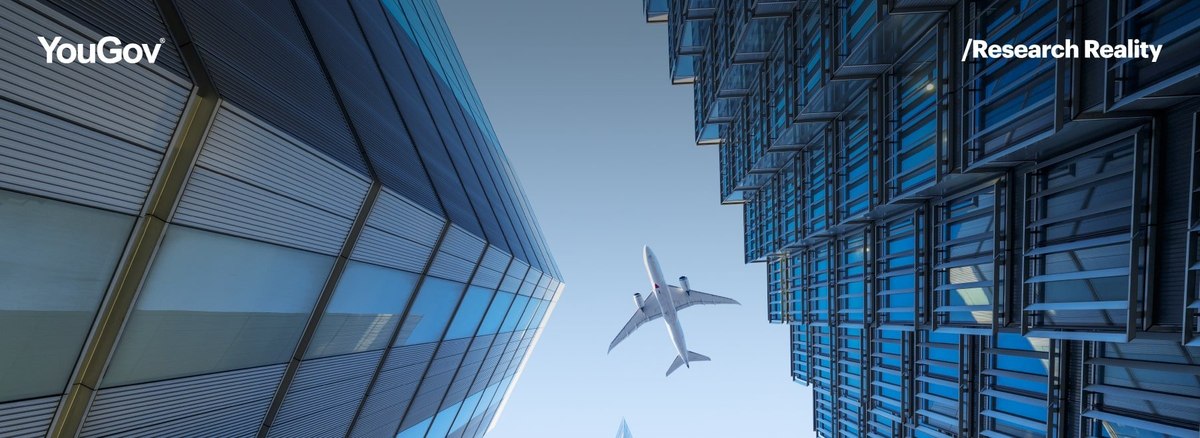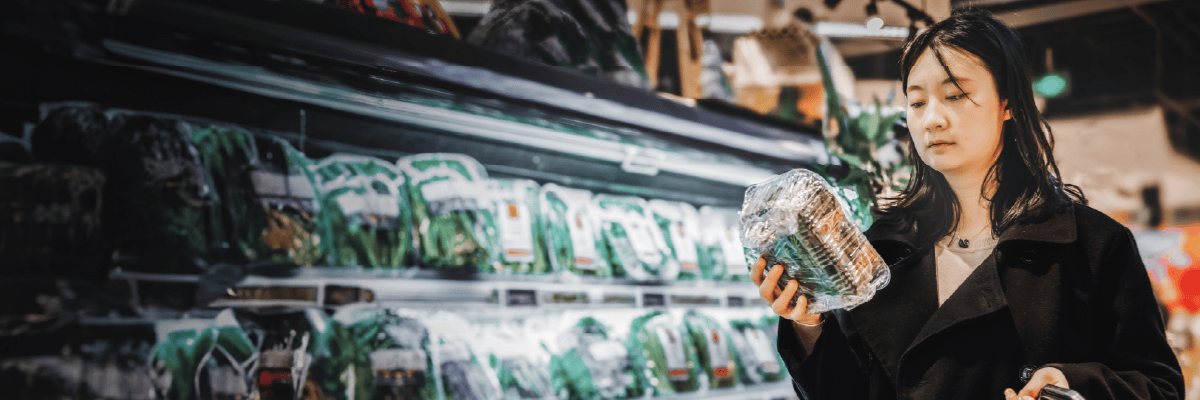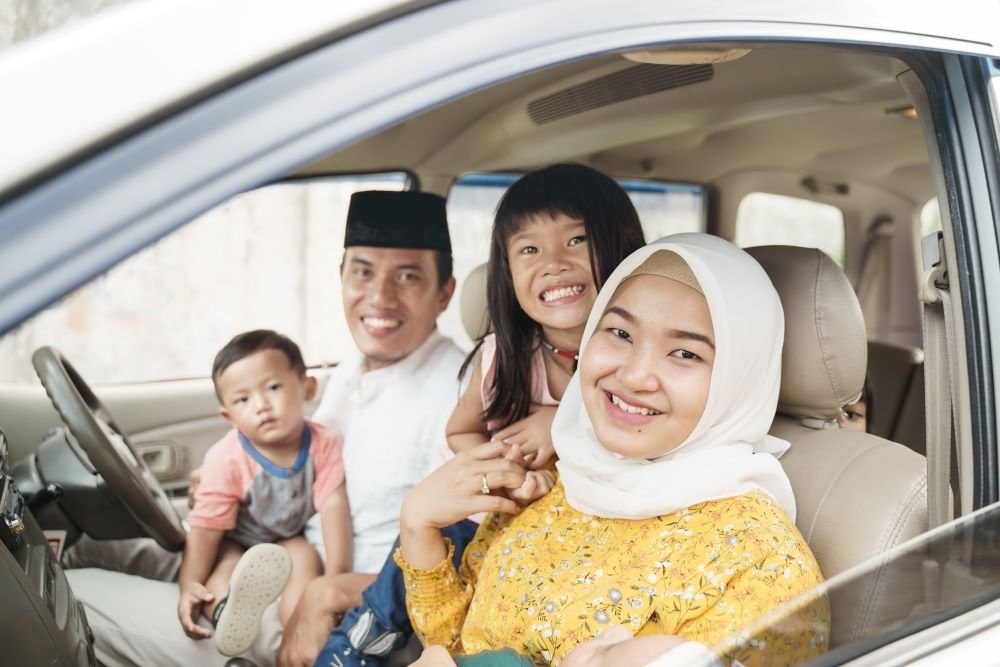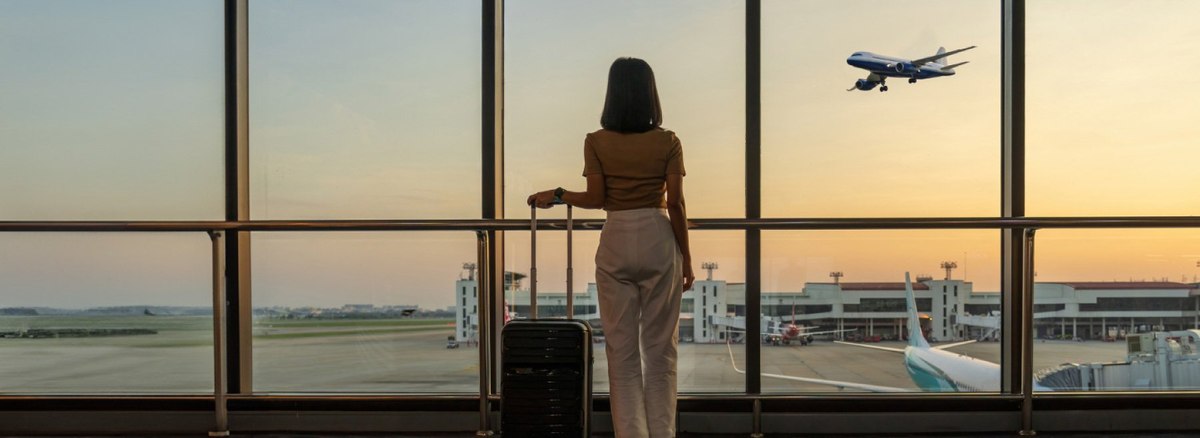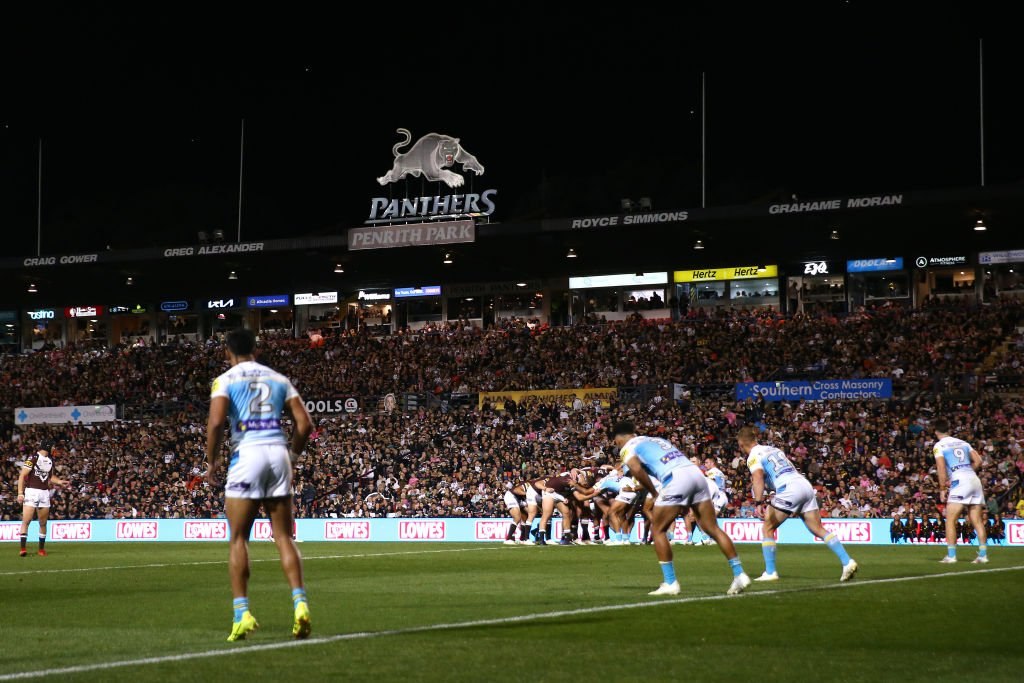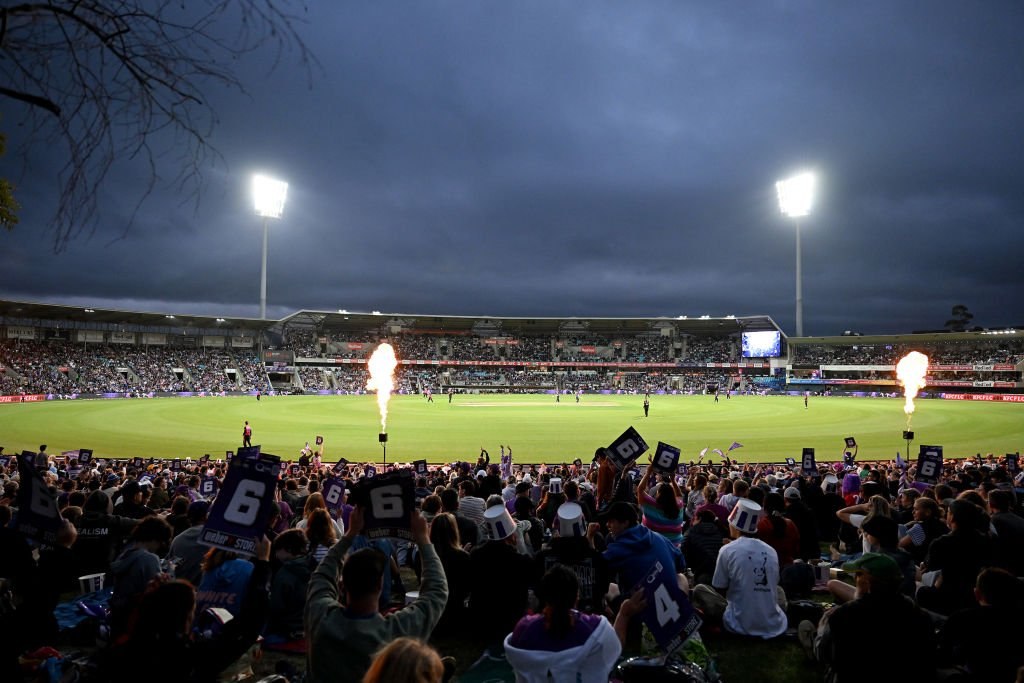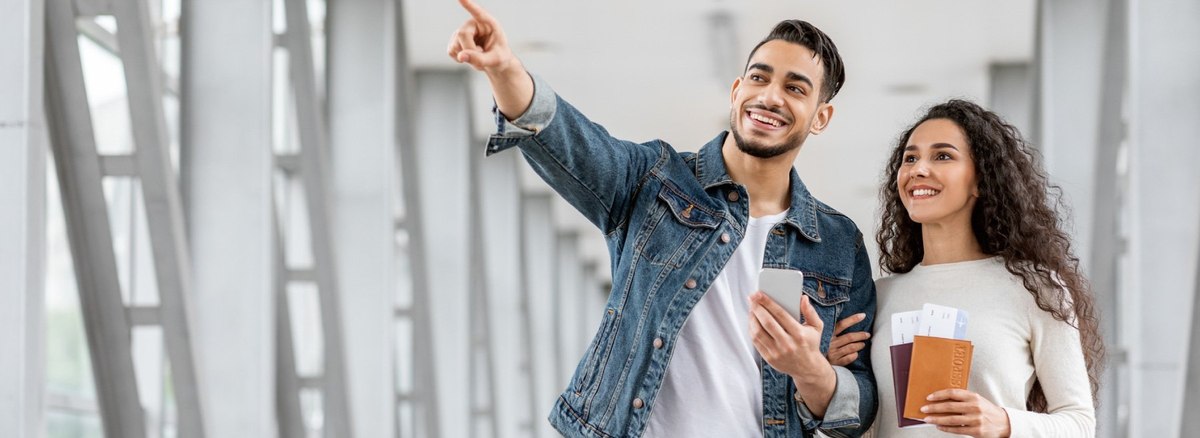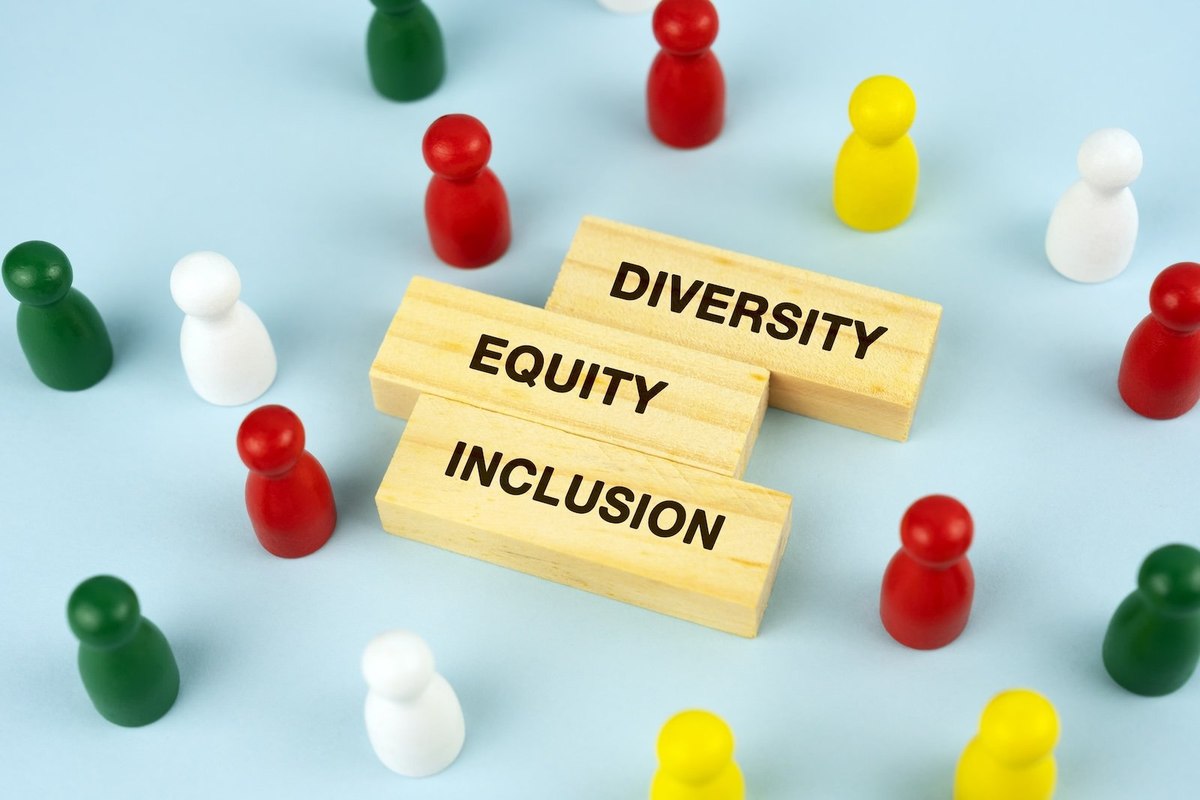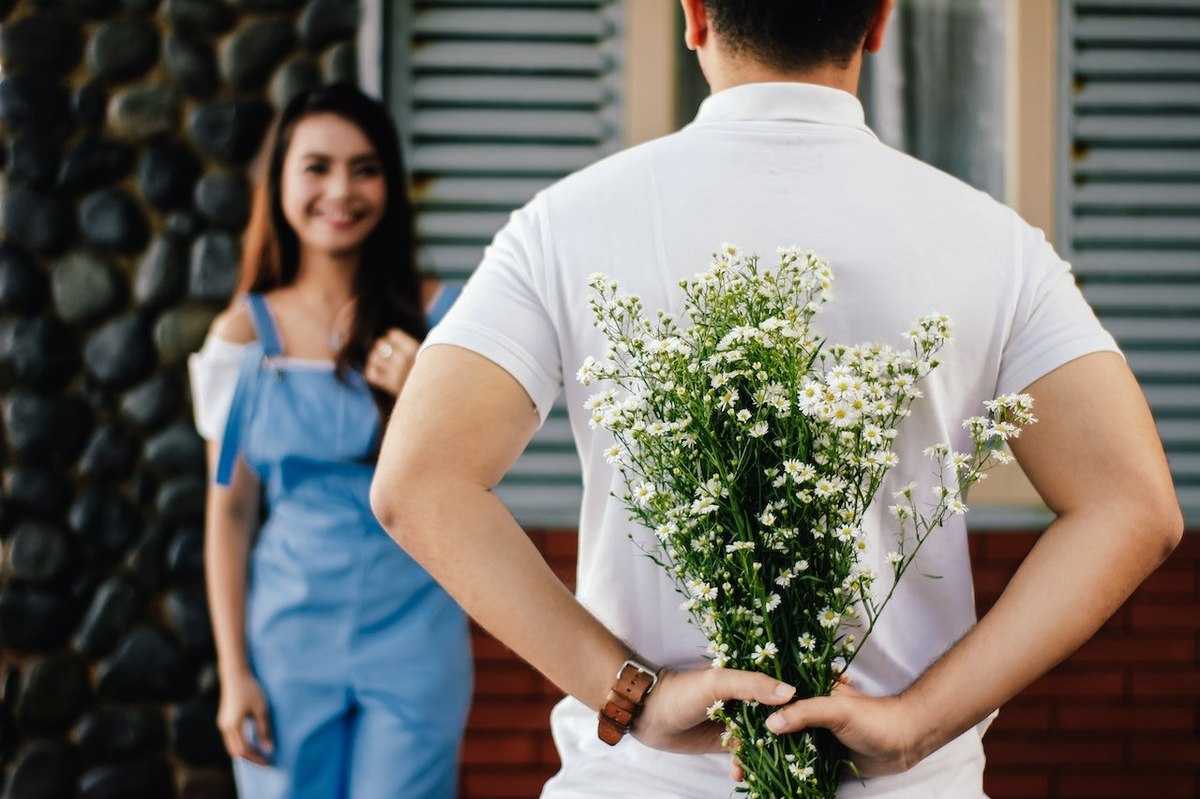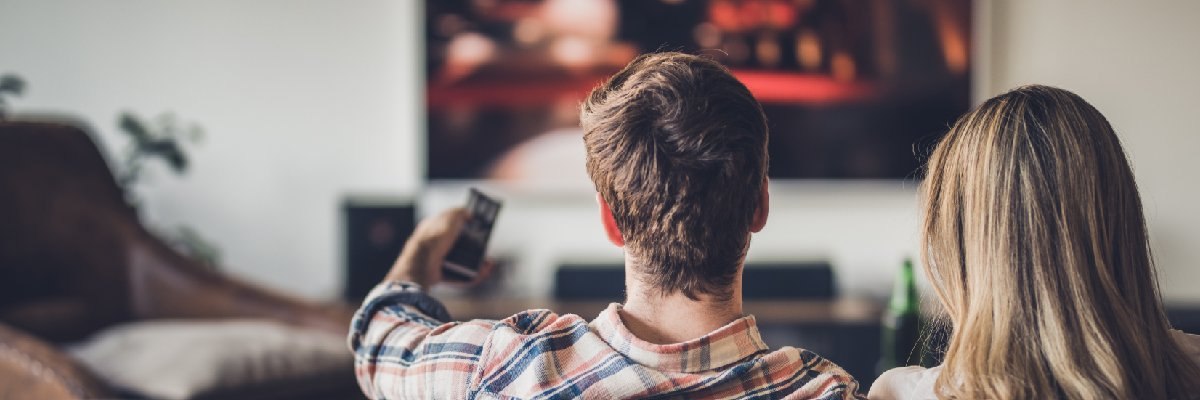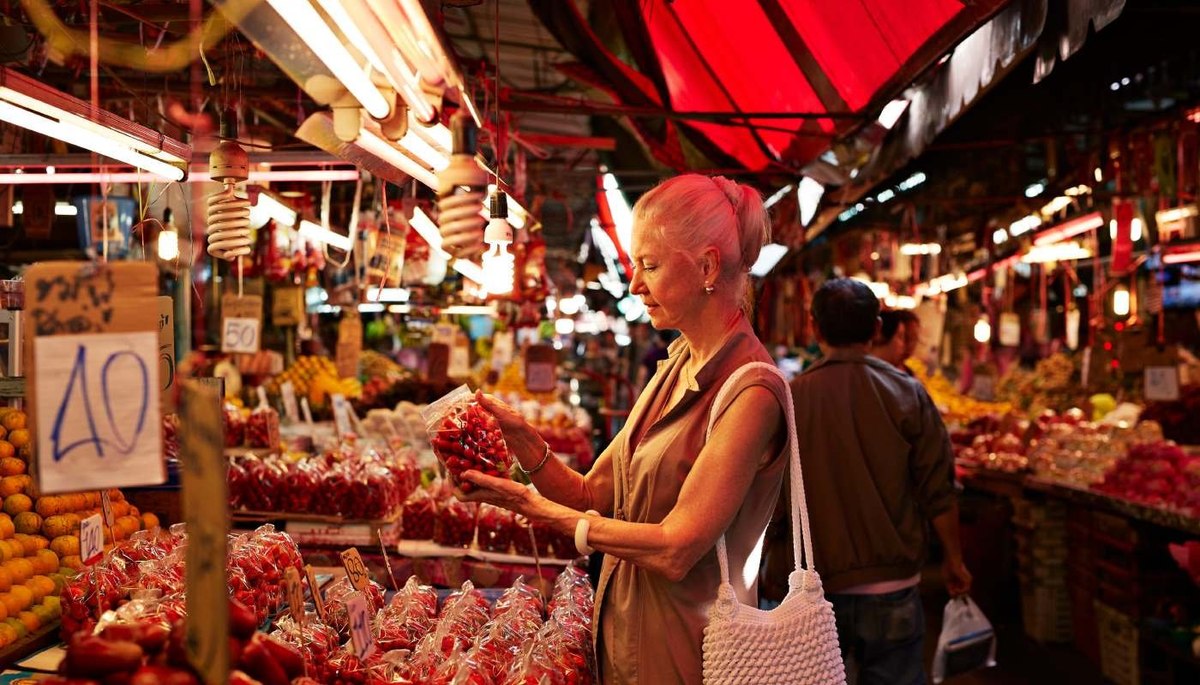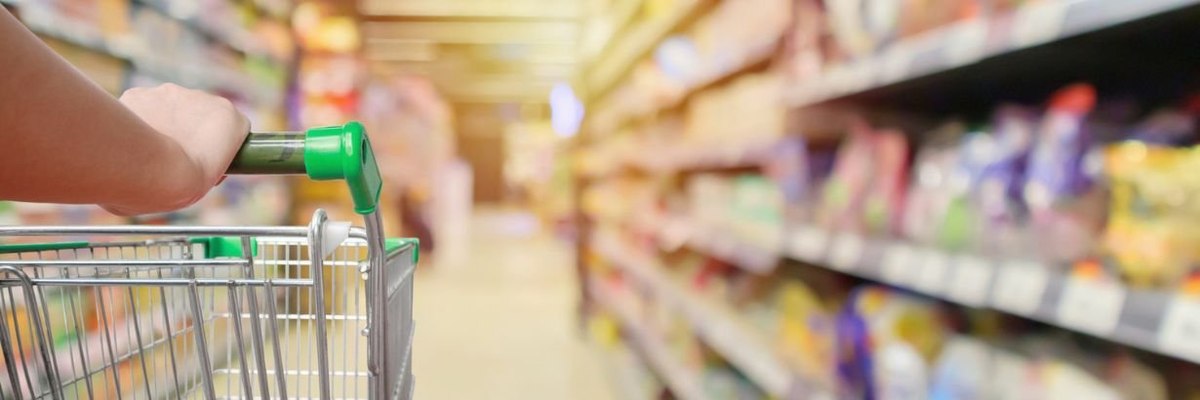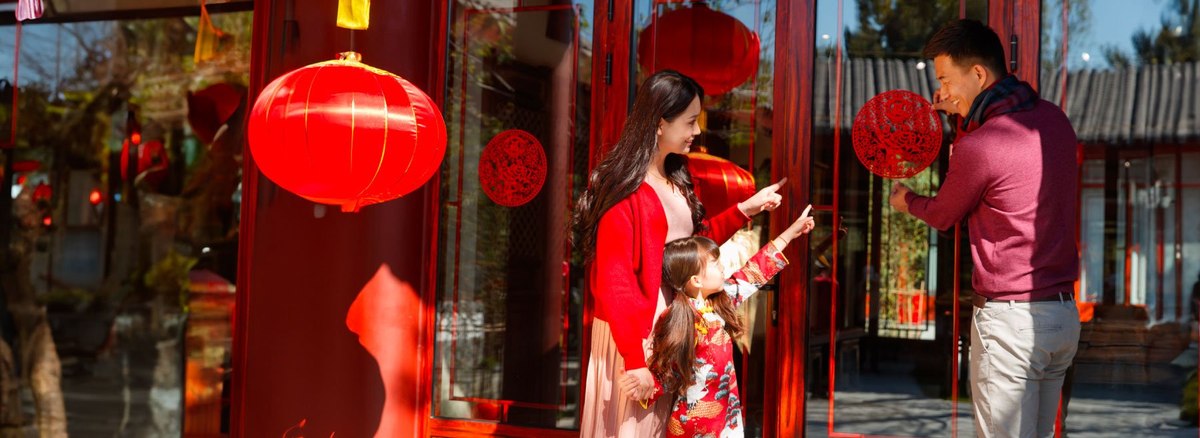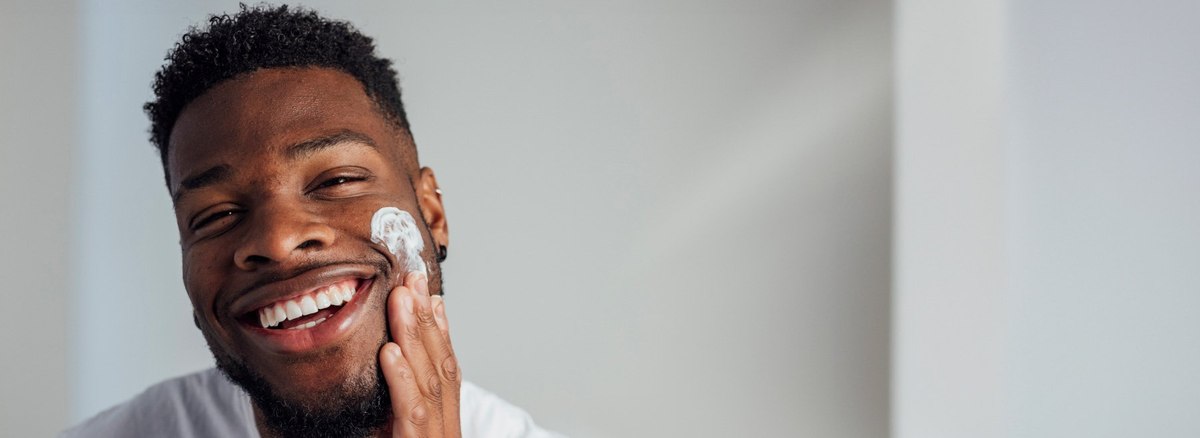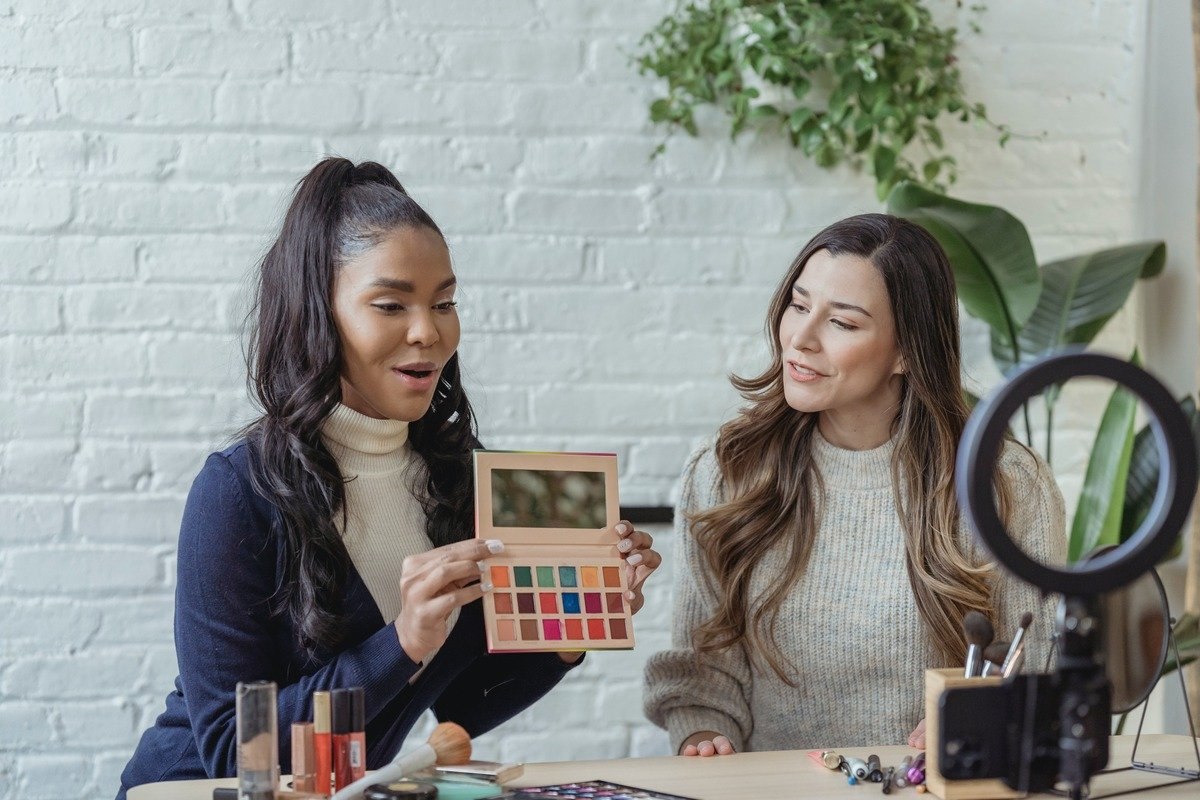
Is it worth investing in endorsements by influencers to market beauty products?
Reaching USD 16.4 billion in 2022, the influencer marketing industry has doubled since 2019. While six out of ten social media users trust social media influencers more than celebrities, more than a third say influencer posts are the best way for brands to get them to try new products. It makes sense then, for more than 75% of brands to have dedicated influencer marketing budgets. An influencer's place in a brand's overall marketing strategy is undeniable, but does their ability to influence consumer purchase decisions translate across industries?
A new YouGov poll conducted across 18 global markets reveals that more than two-fifths of consumers (42%) are likely to knowingly notice influencer-promoted endorsements of cosmetics and beauty products.
Cosmetics and beauty products share the fourth place - among product/service categories in which consumers notice endorsements by social media influencers - with mobile phones and tech devices (42%). They are closely followed by air travel brands and hotels (41%), healthcare & food supplements (41%) and media streaming services (41%). Gambling/bookmaking services bring up the bottom of the list with just over a fifth of consumers (21%) likely to notice such endorsements.
Taking a closer look at cosmetics and beauty products, over a tenth of consumers (14%) are ‘a lot’ likely and almost a third of consumers (28%) are ‘a little’ likely to notice influencer endorsements of beauty products. However, consumers who are not at all influenced by such endorsements (51%) form a majority over those who are.
This may be disappointing news for cosmetic and beauty brands who continue to explore newer ways to leverage meaningful collaborations with beauty and lifestyle influencers and trend-makers. It is important to remember, however, that there is still a significant portion of consumers looking to buy beauty products who do take note of influencer endorsements.
Consumers in Indonesia (76%) are the most likely of all markets to notice endorsements for cosmetics and beauty products. While consumers in India (73%) and China (70%) reflect similar sentiments, the proportion of consumers influenced by beauty influencers drops when it comes to Hong Kong (57%) and Singapore (44%) - albeit that they are still significantly higher than the global average. Standing out from consumers across the rest of the APAC region, just under two-fifths of consumers in Australia (38%) notice influencer promotions of beauty products with a majority (57%) saying they are not at all influenced by such endorsements.
On the other hand, European markets are far more divided. Though consumers in some European markets are almost equally likely to notice influencer endorsements when buying beauty products as the global average (Italy, 41%; Spain, 40%; Poland, 39%), other markets are less likely to mirror this sentiment (France, 36%; Sweden, 29%; Germany, 27%). Danish respondents (22%) are least likely of all to be influenced by social media influencers endorsing beauty products.
Much like their European counterparts, consumers in the North American region register considerably disparate opinions. While consumers in the US (66%) and Canada (59%) are more likely to not be swayed by influencers endorsing beauty products and cosmetics, more than half of Mexican consumers (55%) say they do take notice of such endorsements.
Notably, consumers in the UAE (72%) are the third most likely in the world to notice influencer endorsements when purchasing cosmetics and beauty products.
Explore our living data – for free
Discover more retail content here
Want to run your own research? Start building a survey now
Get quick survey results from nationally representative or targeted audiences using YouGov RealTime Omnibus
Make smarter business decisions with better intelligence. Understand exactly what your audience is thinking by leveraging our panel of 20 million+ members. Speak with us today.
Methodology: YouGov RealTime Omnibus provides quick survey results from nationally representative or targeted audiences in multiple markets. The data is based on surveys of adults aged 18 and over in 18 markets with sample sizes varying between 513 and 2,015 for each market. All surveys were conducted online in September 2022. Data from each market uses a nationally representative sample apart from Mexico and India, which use urban representative samples, and Indonesia and Hong Kong, which use online representative samples. Learn more about YouGov RealTime Omnibus.
Photo by George Milton on Pexels
